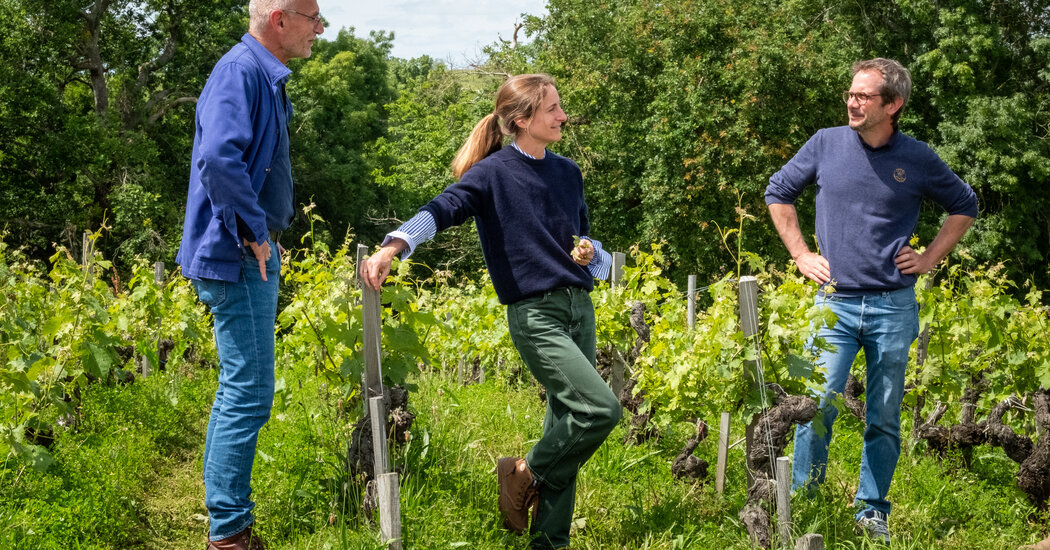
Grape growers and wine producers have long sought certifications testifying to their sustainable farming methods or their commitment to protecting the environment. They have taken great satisfaction in displaying their organic or biodynamic credentials. No less would be expected in a field that prides itself on offering a natural, agricultural product.
Far less attention has been paid over the years to how wineries treated the people who are doing the actual farming and production work. It’s been an enormous oversight, particularly as agricultural workers continue to be prime targets for exploitation.
Just last year four workers died in Champagne while harvesting grapes in extreme heat. French prosecutors in 2023 also opened human trafficking investigations into companies supplying seasonal workers. Similar scandals have occurred all over the agricultural world over the years.
Recognizing the long history of exploitation, and perhaps wanting to codify their social values along with their environmental and agricultural practices, a growing number of wine producers have sought certification demonstrating their commitment to what many call social sustainability.
These certifications can come from local wine-oriented organizations, like Napa Green in California, LIVE in the Pacific Northwest, Equalitas in Italy and Haute Valeur Environnementale in France. The Regenerative Organic certification has a social fairness requirement in addition to its agricultural standards. And more and more wineries are seeking B Corp certification from B Lab, which promotes the notion that companies benefit by working for both profits and the social good.
Roughly 100 wineries worldwide have B Corp certification. They include significant names like Spottswoode in Napa Valley, Felton Road in New Zealand, Bollinger and Charles Heidsieck in Champagne, Sokol Blosser, Stoller, Soter and Chehalem in Oregon, Rathfinny and Ridgeview in England, Avignonesi in Tuscany, Benjamin Bridge in Nova Scotia and many more.



